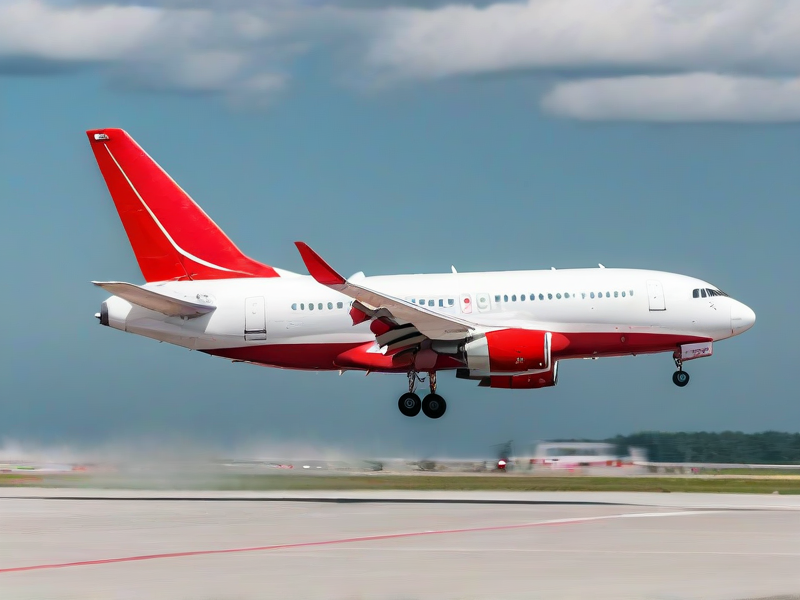The Middle East has long served as a commercial bridge connecting the East and the West, with its unique geographical location and abundant resources making it a critical component of the global logistics industry. Situated between Asia, Africa, and Europe, the region’s strategic geography has established it as a vital transit hub for global trade, where numerous international goods are transshipped to destinations worldwide.
The Middle East boasts world-class port and airport facilities, such as Dubai’s Port of Jebel Ali and Hamad International Airport, which provide convenient conditions for logistics operations. However, Middle Eastern logistics also faces significant challenges. Political instability and conflicts within the region can disrupt logistics activities, while harsh climatic conditions may hinder cargo transportation. Additionally, uncertainties in the global trade environment pose further challenges to the region’s logistics sector.

Despite these hurdles, Middle Eastern cargo consolidation remains full of enormous opportunities. The region is actively promoting digitization and automation in the logistics industry to enhance efficiency and reduce costs. Furthermore, as a key node in the Belt and Road Initiative, the Middle East will continue to benefit from trade cooperation with China and other Belt and Road countries, bringing more international collaboration and investment opportunities to its logistics sector.
In the future, Middle Eastern express logistics is expected to become increasingly digitalized. Technologies such as big data, artificial intelligence, and the Internet of Things (IoT) will be widely applied to cargo tracking, inventory management, and supply chain optimization. This will enhance the visibility and traceability of goods transportation, delivering higher-quality services to customers. Another key trend is the rise of sustainable logistics. Several countries in the Middle East have already taken measures to reduce carbon emissions and improve energy efficiency. Sustainability not only aligns with international environmental standards but also helps lower transportation costs and meet the growing demands of eco-conscious customers.
As a vital link connecting the East and the West, Middle Eastern cross-border logistics will continue to play a pivotal role in the global logistics network. In the face of challenges, the region’s logistics industry will continuously adapt to changes and seize future opportunities. Digitization and sustainability will lead the development of Middle Eastern logistics, making greater contributions to regional economic growth and international trade.




 24-hour Online Customer Service
24-hour Online Customer Service Get a quote immediately
Get a quote immediately Xycargo International Freight Forwarding Company
Xycargo International Freight Forwarding Company 



